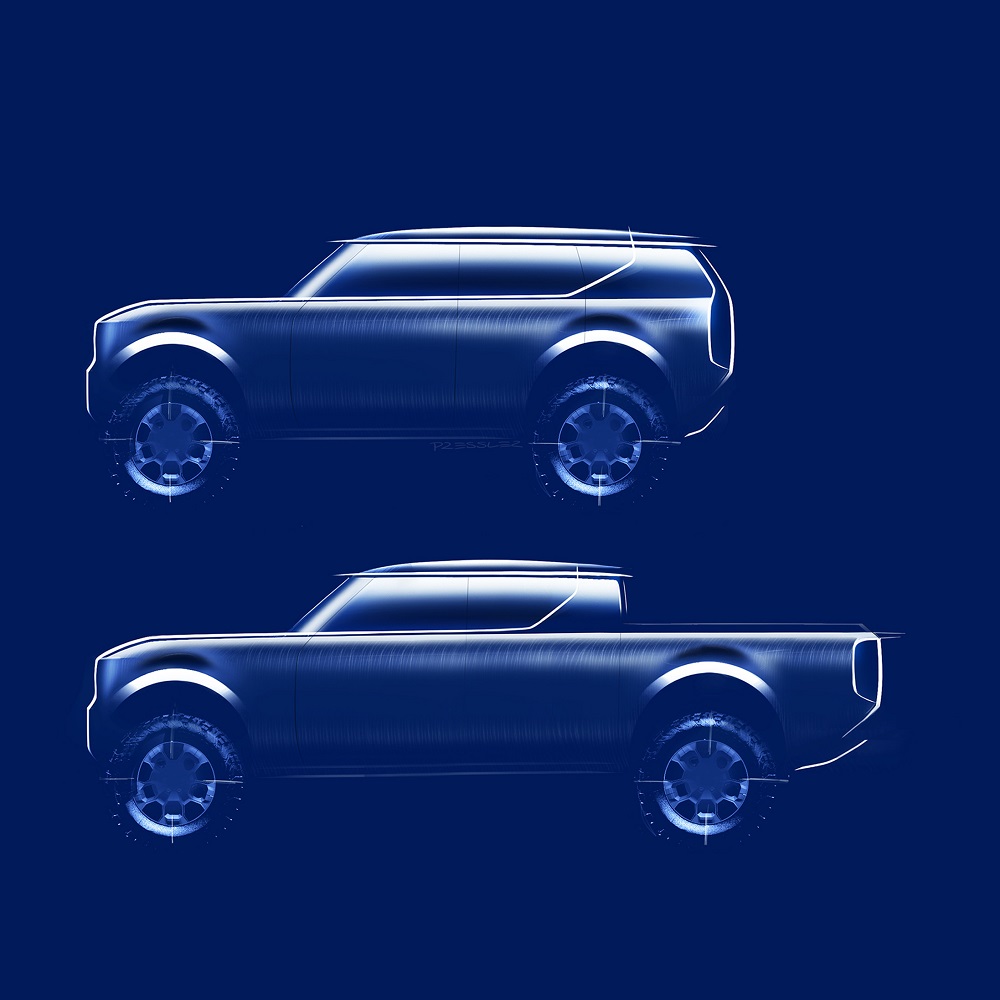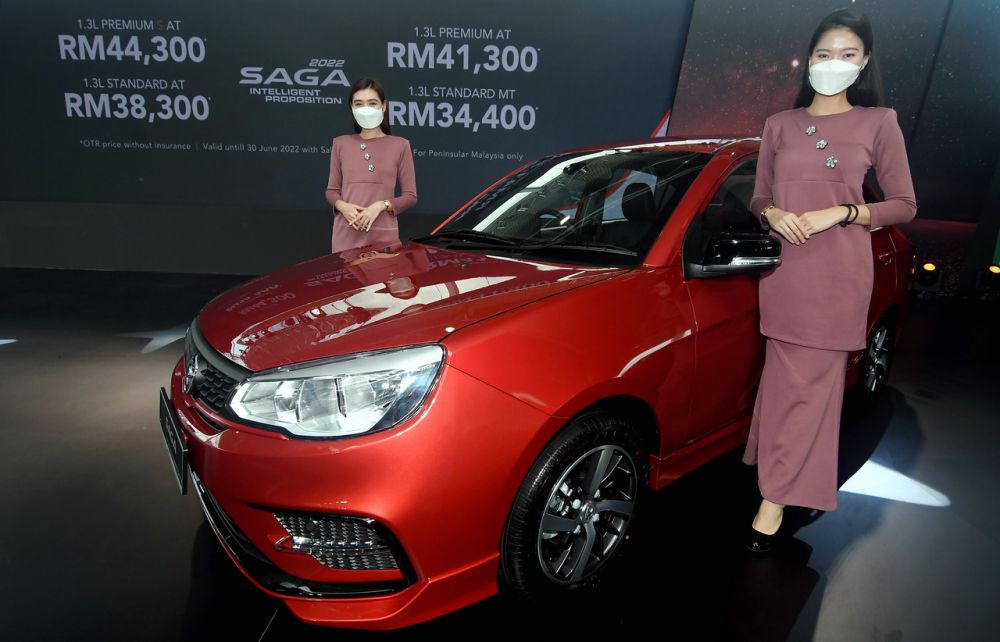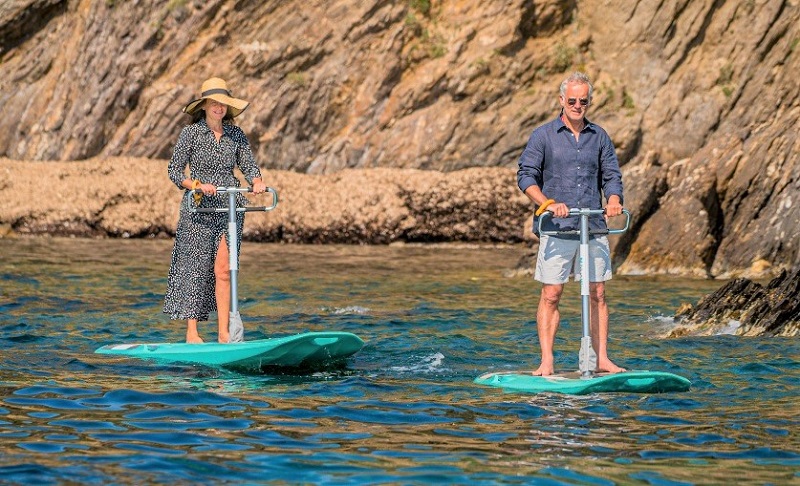MUNICH, Oct 1 — Daimler has presented its plans for cleaner emissions-free trucks. The group is aiming to simultaneously develop two technologies: for short distances, it will introduce battery-powered electric trucks, while at the same time turning to fuel-cell technology for longer routes.
Daimler has just unveiled its strategy for emissions-free haulage, which will focus on all-electric and fuel-cell technologies. The group plans to use battery-powered motors for lightweight trucks and shorter distances, while developing fuel-cell technology for heavier loads and longer distances.
The Mercedes eActros, which will be the German group's first all-electric truck, is due to go into production in early 2021. The battery-powered vehicle will have a range of around 200 kilometres on a single charge.
A 500-kilometer long-range version, the eActros LongHaul, is also planned with production to debut in 2024. A further model that is specially designed for cities, the low-floor eEconic which will be marketed to municipal authorities, is due to go into production in 2022.
For longer routes, Daimler plans to produce a hydrogen-powered truck that makes use of two fuel cells. For the time being, the vehicle called the Mercedes GenH2 is still a paper concept. However, it will pave the way for a future production model with twin tanks for liquid hydrogen, which will be cooled to -253 degrees.
Daimler has announced an exceptional range of 1,000 km on only one tank for this semi. An initial prototype is expected on the road in 2023, with a production version by the end of the decade.
With this ambitious programme, Daimler has committed to developing environmentally friendly transport that will make emissions-free freight a reality in Europe over the next ten years. — AFP-Relaxnews






















